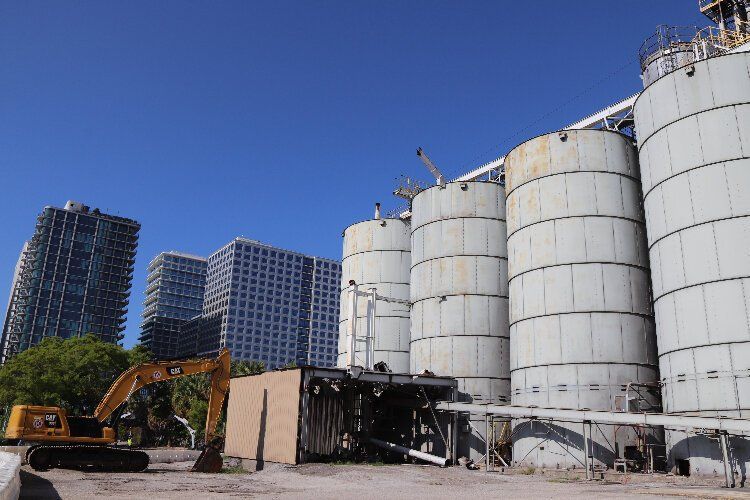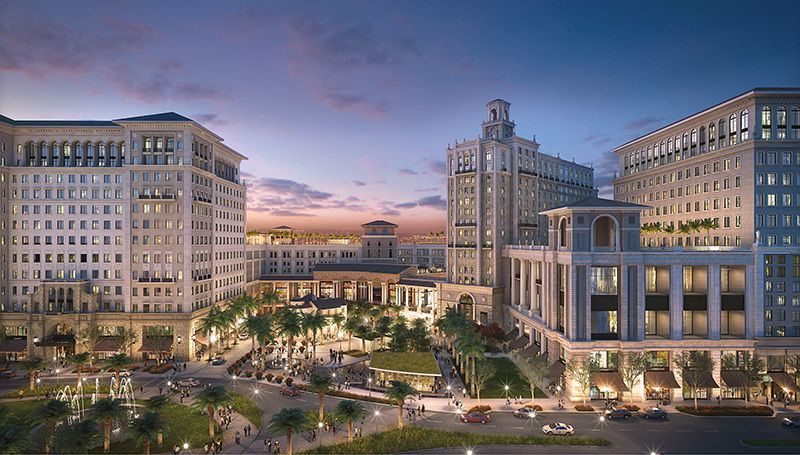Security Services for Government Buildings in Miami
Protecting Local Government Buildings with Professional Security Services
Introduction
Government buildings such as city halls, courthouses, public offices, and county administrative centers are critical to local communities. These facilities handle everything from legal proceedings to public records, making them prime targets for security threats like unauthorized access, vandalism, theft, and public disturbances.
To ensure safety and maintain public order, professional security services are essential. If you're looking for trusted security solutions for government buildings in [Your City/County Name], this guide will show how companies like All American Security Services can help.
1. Why Local Government Buildings Need Security Services
Government offices serve the public daily, meaning they must be protected from various threats, including:
a) Unauthorized Access & Trespassing
Without proper security, anyone can enter city hall offices, county administration buildings, and public records departments without verification. Security officers control access and ensure only authorized personnel enter restricted areas.
b) Courthouse & Legal Office Protection
Courthouses deal with sensitive legal cases, sometimes involving high-profile individuals. Security services provide screening, metal detectors, and surveillance to prevent disruptions.
c) Emergency Response for Government Facilities
Natural disasters, fire hazards, and medical emergencies can occur at public buildings in Miami. A trained security team ensures rapid response and evacuation procedures.
d) Protection Against Vandalism & Property Damage
Public properties like libraries, municipal buildings, and county tax offices are often targets of vandalism. Having 24/7 security guards and surveillance cameras deters crime.
2. Key Security Services for Government Buildings
a) Security Guards for Public Buildings
Trained armed and unarmed officers protect courthouses, city halls, and municipal offices from intruders, providing a visible security presence to prevent crime.
b) Access Control & ID Verification
To prevent unauthorized entry, security teams enforce strict ID badge systems, metal detectors, and biometric scanning at government facilities.
c) Surveillance & 24/7 Monitoring
Installing CCTV cameras in county administration offices, city planning departments, and law enforcement centers helps monitor activity in real-time.
d) Security for Public Events & City Meetings
Public meetings at town halls, city council chambers, and municipal centers need security personnel to control crowds and handle disturbances.
e) Patrol Services for County Buildings
Regular patrols of government parking lots, public offices, and federal buildings in Miami deter suspicious activity and improve safety.
3. Why Choose All American Security Services?
When it comes to protecting government properties in Miami, you need a security company that understands local risks. All American Security Services provides:
✔
Licensed & Trained Security Officers
✔
24/7 Surveillance & Emergency Response
✔
Custom Security Plans for Local Government Buildings
✔
Advanced Access Control & Monitoring Solutions
Conclusion
From county courthouses to city administration buildings, every government facility needs reliable security services. If you're responsible for securing government buildings in Miami, contact All American Security Services to ensure the safety of your staff, visitors, and public assets.
🔹 Need security for your government facility in Miami? Contact All American Security Services today!










